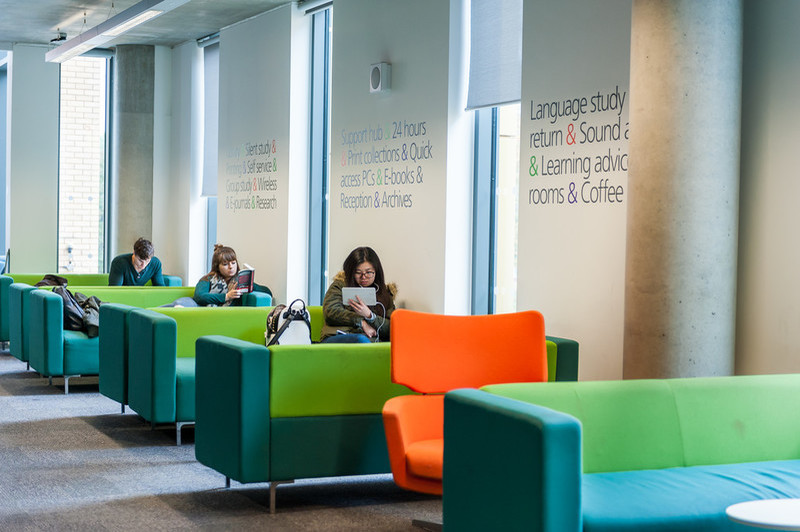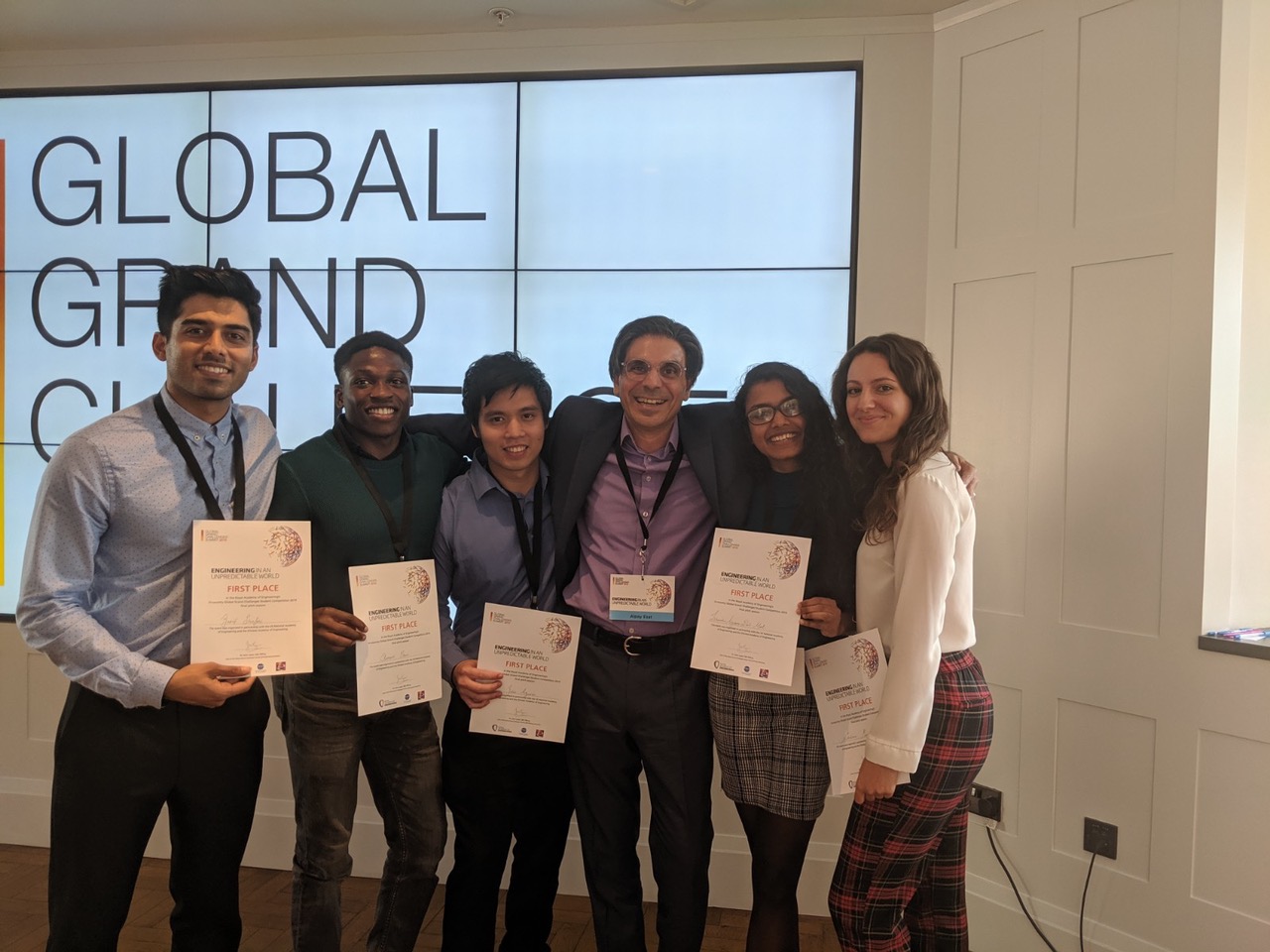Early this month I travelled to Hamburg for a family gathering. My flight back to the UK was cancelled due to Storm Ciara. While waiting for the next available flight back, it suddenly dawned on me that I was in Post-Brexit Germany and the landscape of Europe had irrevocably changed. What, I wondered, will happen after 31 December 2020? What does Brexit hold for UK universities when the transition period ends?
We know that between now and end of the year, the UK will remain aligned to EU law and virtually all EU-UK cooperation remains unchanged, including free movement of people. However, the UK is no longer be represented in EU institutions. In the next 10 months or so, the future EU-UK relationship will be negotiated. I certainly hope that we will have a trade deal with EU ready for 2021, so to minimise the economic impact.

It’s natural that many of us are apprehensive about what this unprecedented shift will mean for us as individuals, and for our university community. At Surrey, we place great value on our EU students and colleagues and are supporting them in every way we can. We want our community to remain as diverse as it is now, and to continue to benefit from the contributions of our many and various partners. There are certainly hurdles — for example, Europeans will need to apply for visas to work in the UK from 2021 – — but Surrey’s clear message is one of very warm welcome; we will do our best to continue to foster and facilitate partnership with our European neighbours, whichever form it takes.
In this respect, the new immigration regime is encouraging. The Government recently announced a fast-track Global Talent visa scheme to attract the world’s top scientists, researchers and mathematicians, which will open on 20 February. This follows a commitment by the Prime Minister last summer to put science, research and innovation on the top of the Government’s agenda. The bespoke Global Talent route will have no cap on the number of people able to come to the UK, demonstrating the Government’s commitment to supporting top talent.
It’s also reassuring to see some further information on UUK’s website:
- EU students starting courses in 2020/21 or before will remain eligible for home fee status and student support for the duration of their courses
- EU, EEA or Swiss citizens and their family members who are living in the UK before 31 December 2020 will be eligible to apply for the EU Settlement Scheme
- UK universities can continue to participate in Horizon 2020 and Erasmus+ and receive funding for the duration of their projects.
This should minimise disruption for the remainder of 2020.

But, as the Institute for Government report makes clear, ‘the biggest task is still to come. The first phase of the negotiations covered only withdrawal questions – the UK’s financial contribution, protecting the rights of EU and UK citizens, and avoiding a hard border on the island of Ireland. The next phase is going to be much broader in scope – covering the economic relationship, security co-operation and questions such as data sharing – and in theory will need to be negotiated before the currently scheduled transition period.’
We are delighted to hear the Government’s desire to put association with Horizon Europe for research and innovation as a high priority, and that UKRI is charged with working on the various scenarios and preparations for association beyond 2020.
And universities can help.
As Surrey’s own Professor Simon Usherwood reflected recently, writing in Times Higher Education, ‘Universities can provide the forum for a national debate about the kind of society that the UK wants to become in this brave new world, creating constructive spaces within which different factions can talk with each other, rather than at each other. The values of respect, understanding and collaborative endeavour that we try to hold true to in our classrooms and our research labs are exactly the ones that can start to move us on from the leave/remain division that is now part of the past.’ [1]
At Surrey, our priorities have focused on the specific support our staff, students and partners may need, to ensure their professional and personal lives are as uninterrupted as possible. Their contribution to the University and society as a whole is invaluable, and their stability and wellbeing is our priority. Their questions about Brexit and ‘what’s next’ will inform a Bitesize Briefing with our External Engagement director and members of the University’s Brexit Continuity Group, to discuss key areas of interest and concern. Drop-in sessions at the Hive, our student centre, are also supporting our students. And the Brexit page of our website is a busy place, with regular updates.
Ultimately, our aim is to continue to grow and develop more global partnerships. Surrey builds its successes on collaboration. We have many talented individuals, but it’s when we work together, and connect with other universities, community partners, businesses and government that we are strongest.
Oxford’s Professor Simon Marginson, also writing in THE, posits that Brexit’s new geopolitical era in fact brings valuable opportunities for the academy: ‘The lacuna in national strategy after Brexit will persist, although not for long. This provides the [higher education] sector with an opportunity to make its own rules, take initiatives, define the framework of alliances and build a global position of its own. In doing so, it will help to shape a new national identity.’ [2]
The diversity represented by EU staff and students, and the networks and partnerships with our EU colleagues, are an integral part of these exciting possibilities. The excellence of our institution depends on international talent. At Surrey, we’ll always find a way to achieve this, regardless of Brexit’s vagaries and questions around funding. What’s really important is that we form a powerful global community for making a difference to lives all over the world.
[1] https://www.timeshighereducation.com/opinion/brexit-where-now-uk-academy
[2] https://www.timeshighereducation.com/blog/how-should-uk-position-itself-new-geopolitics-higher-education



